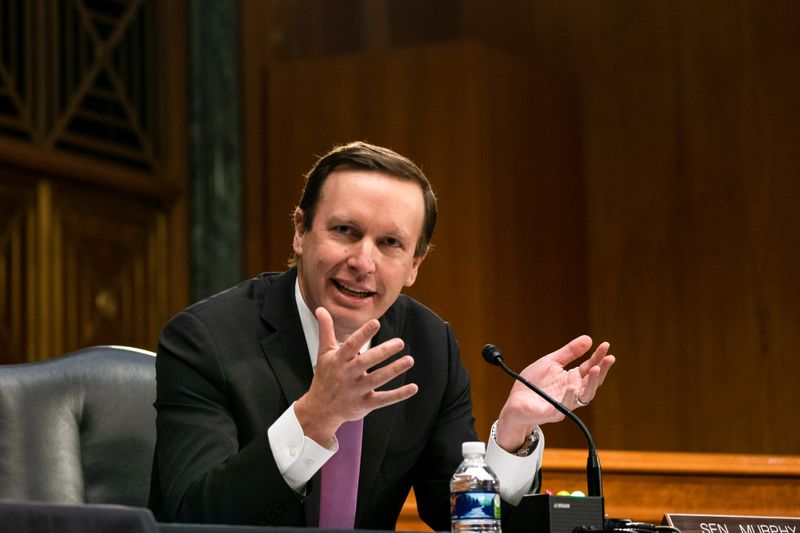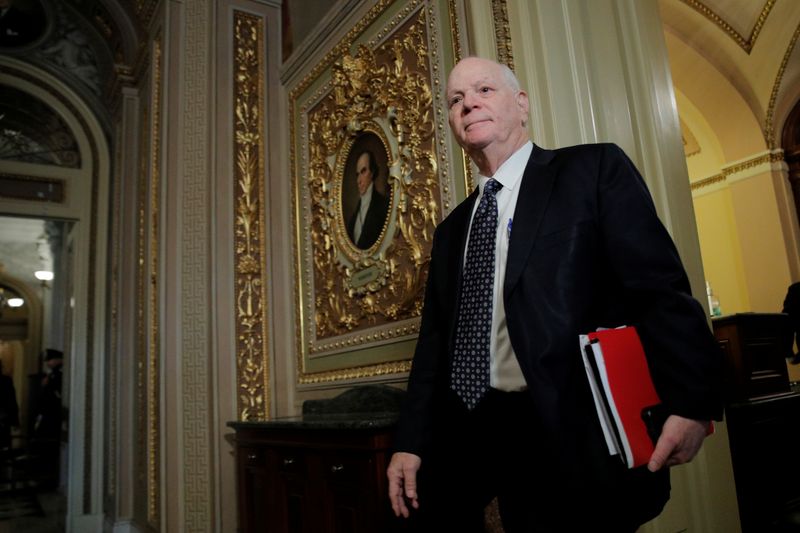WASHINGTON (Reuters) - U.S. senators offered a bipartisan $3 billion plan on Thursday to prepare for the next global health crisis, putting a premium on fighting disease outbreaks and pandemics like COVID-19.
In a departure from partisan divisions over the novel coronavirus, Senator Jim Risch, Republican chairman of the Foreign Relations Committee, and Democratic committee members Chris Murphy and Ben Cardin introduced the bill, with high hopes that much of it would eventually become law.
The measure, which was introduced last week but announced on Thursday, would authorize $3 billion to rebuild the U.S. pandemic defense system, invest in global vaccine developments and help countries that need it to build up their health systems.
Senate aides said it was not intended to reflect criticism of Republican President Donald Trump's response to the pandemic, which has killed more than 100,000 Americans and cratered the U.S. economy.
In a statement, Risch said he saw the "Global Health Security and Diplomacy Act" as a first step toward a carefully coordinated approach to global health security.
"We don't have the luxury of waiting and rebuilding our global public health infrastructure after this crisis is past," Murphy told Reuters in a telephone interview.
"The next pandemic may be on top of us this winter," Murphy said.
The measure would also require Trump to develop a global health security strategy, establish a coordinator for global health security and diplomacy at the State Department and encourage Trump to appoint a senior director for global health to the National Security Council.

It does not discuss the World Health Organization. Accusing WHO of being "China-centric," Trump threatened to permanently halt funding if it does not commit to improvements within 30 days and reconsider U.S. membership.
